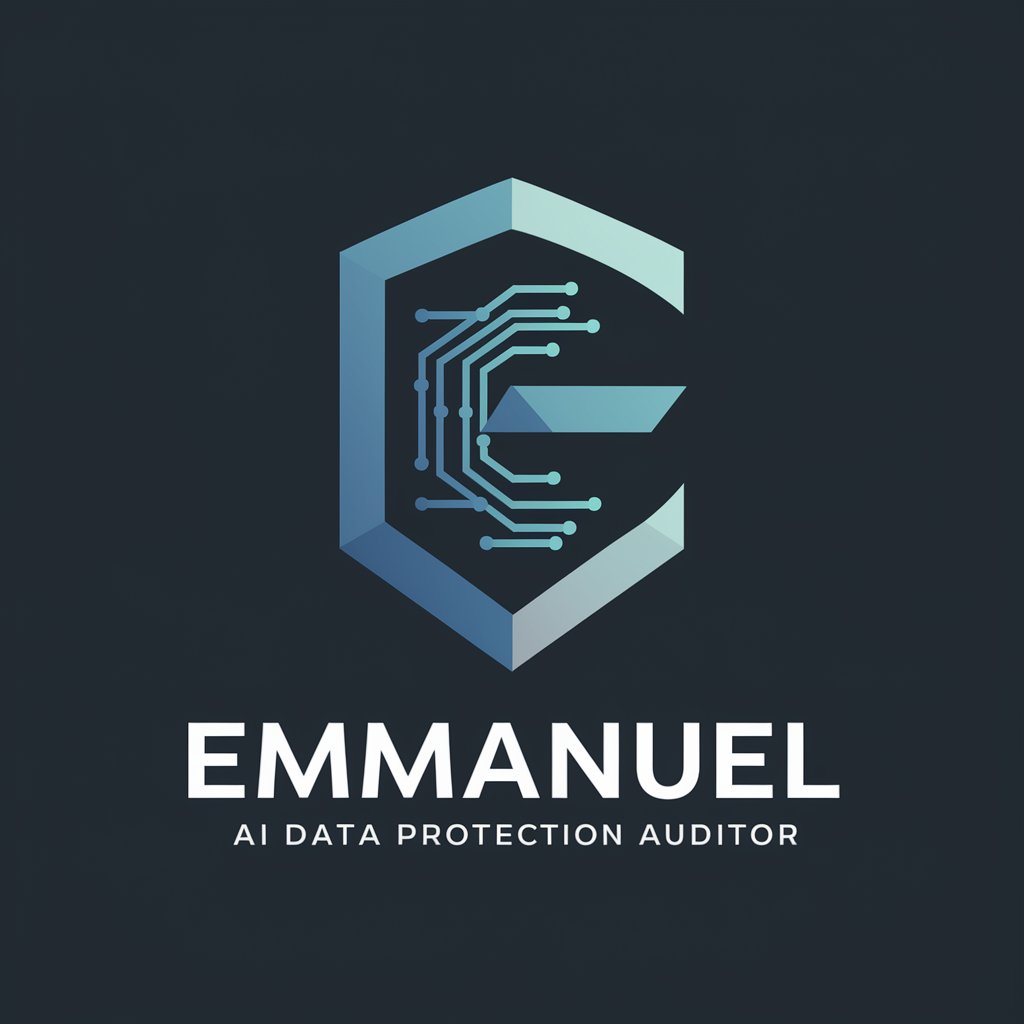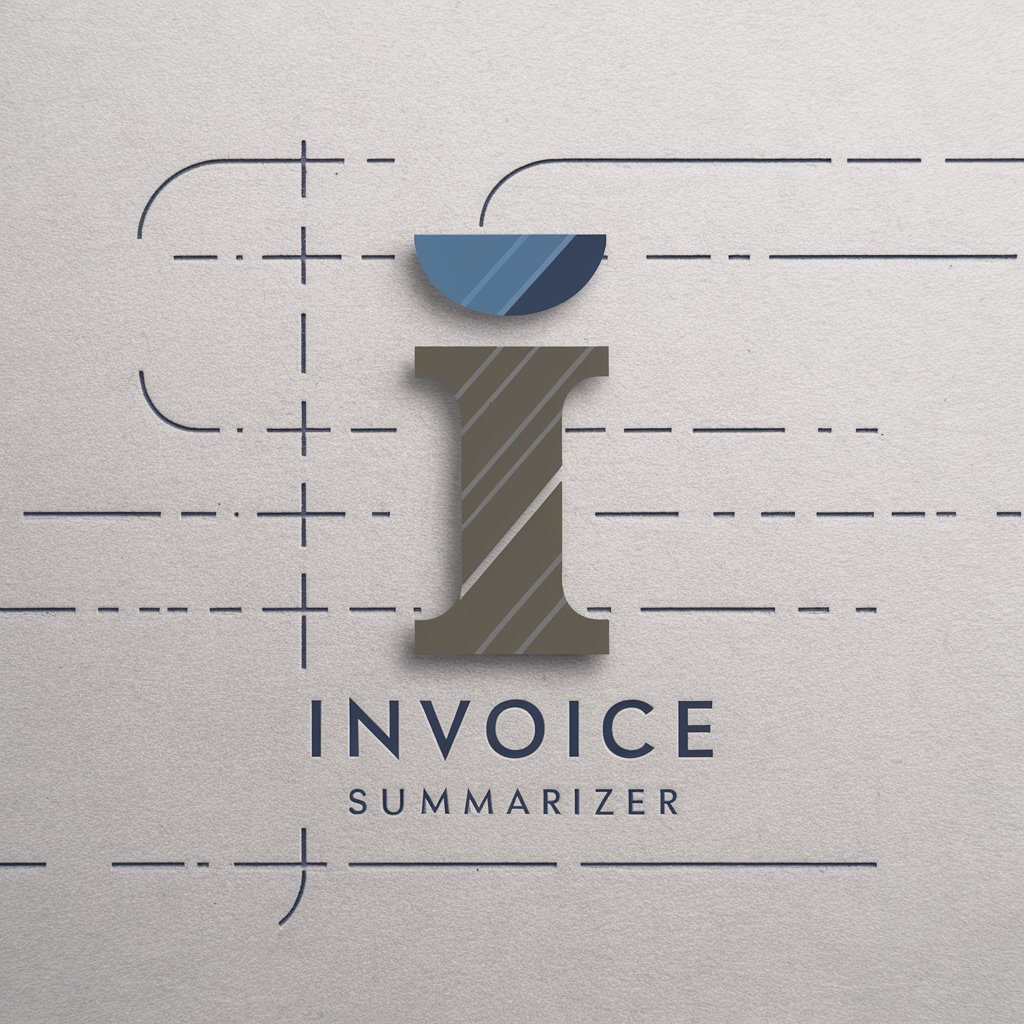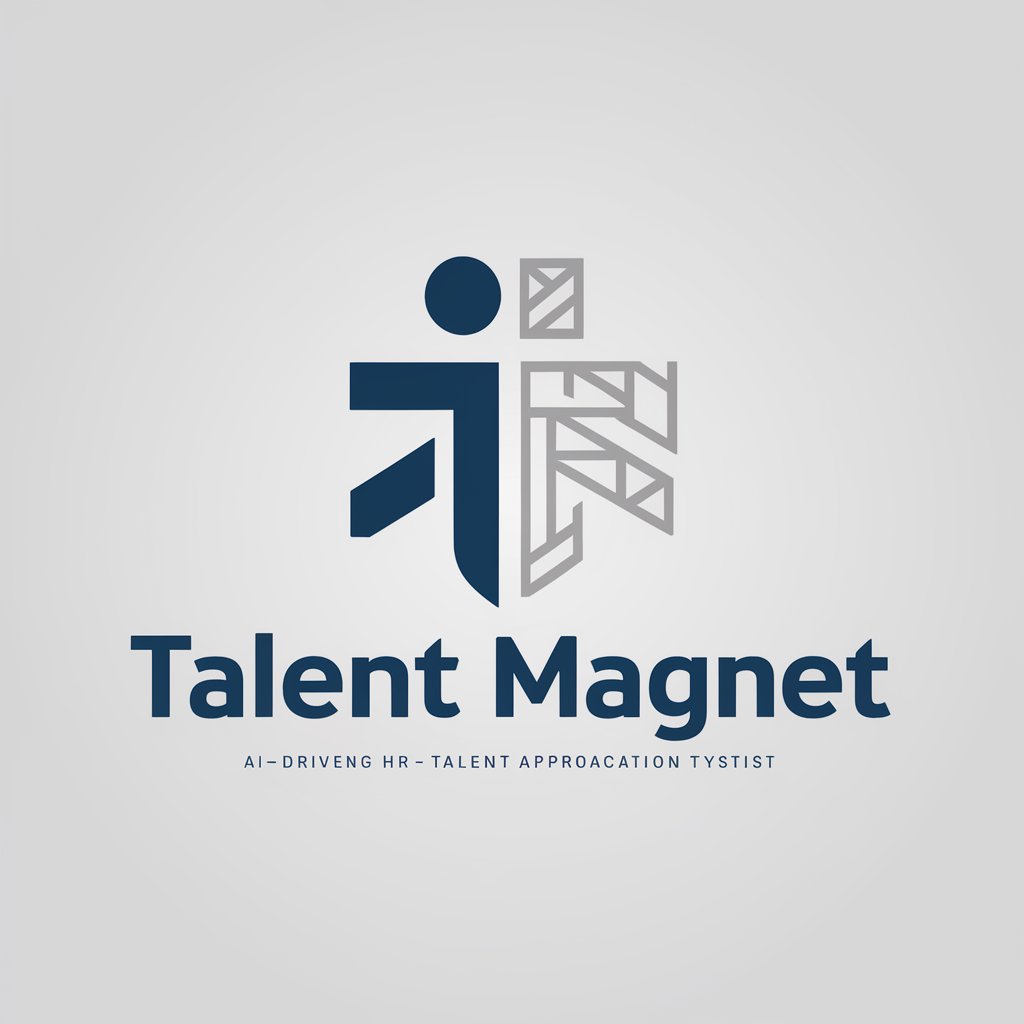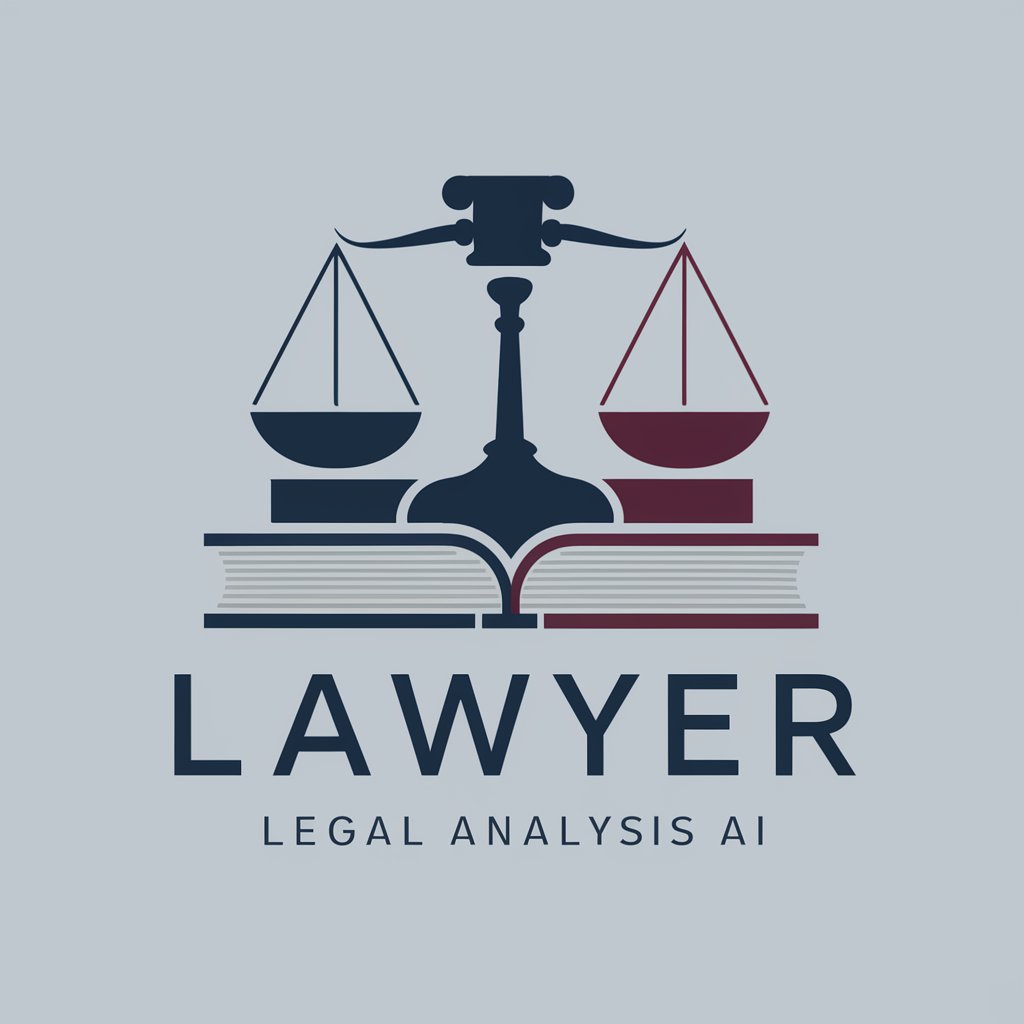👑 Data Privacy for Freelancers & Independents 👑 - Data Privacy Guidance for Freelancers

Hello! Which country is your message related to?
Empowering Freelancers with AI-driven Privacy Protection
How can freelancers ensure compliance with GDPR when handling client data?
What are the key steps to achieving data privacy compliance for independent consultants?
Can you explain the main principles of GDPR in simple terms?
What are the common data privacy challenges faced by freelancers and how can they overcome them?
Get Embed Code
Understanding Data Privacy for Freelancers & Independents
Data Privacy for Freelancers & Independents is designed to serve as a dedicated Data Protection Auditor and advisor, focusing on global data privacy regulations such as GDPR, APP, CCPA, and more. It aims to provide expert advice, compliance tips, and interpretations of data protection laws, tailored specifically for freelancers and independent consultants who often handle sensitive client data, project specifics, and personal contact information. This service ensures they remain vigilant and compliant with data privacy regulations, protecting customer data effectively. For instance, a freelancer handling client data for marketing purposes needs to know how to store, process, and delete this data legally, ensuring the privacy and security of such information. Powered by ChatGPT-4o。

Core Functions and Applications
Analysis and Interpretation of Regulatory Clauses
Example
Interpreting GDPR's Article 15 (Right of Access by the Data Subject) in a simple manner for a freelance data analyst.
Scenario
A freelancer receives a request from a European client to access personal data processed by them. Using this function, the freelancer can understand their obligations under Article 15, ensuring they provide the necessary data in a compliant manner.
Compliance Issue Identification
Example
Identifying potential breaches in data handling processes for a freelance web developer.
Scenario
While developing a website, the freelancer realizes the site's contact form collects personal data without explicit consent. This function helps them recognize the compliance issue and adapt the form to meet GDPR consent requirements.
Solutions to Compliance Issues
Example
Providing actionable steps for a freelance graphic designer using cloud storage to save client files.
Scenario
The designer learns about the importance of encrypting files and choosing a cloud service that complies with international data transfer regulations, ensuring client data is protected and transferred securely.
Target User Groups
Freelance Data Analysts
These professionals often deal with large volumes of personal data, requiring a deep understanding of data protection laws to manage, analyze, and protect client information effectively.
Independent Web Developers
They need to ensure that the websites and applications they develop are compliant with data privacy regulations, especially when these platforms collect and process personal information.
Freelance Graphic Designers
Graphic designers frequently handle sensitive client information and creative assets. Understanding data privacy helps in securely managing and storing such data, respecting client confidentiality and legal obligations.

Using Data Privacy for Freelancers & Independents
1
Start by accessing a specialized platform for a trial, offering immediate access without the need for an account or subscription.
2
Familiarize yourself with data privacy principles relevant to freelancing, focusing on regulations like GDPR, CCPA, and others applicable in your region.
3
Implement data protection strategies in your projects, such as encryption, secure data storage, and lawful data processing.
4
Regularly update your knowledge on data privacy laws, attending webinars or courses focused on freelancers' needs.
5
Utilize templates and tools designed for freelancers to manage consent forms, privacy notices, and data subject requests efficiently.
Try other advanced and practical GPTs
好奇猫
Unlock the World of Knowledge with AI

Blog Post
Elevate Your Blogging with AI

Computer AI Companion
Empowering your digital journey with AI.

Invoice Summarizer
Simplify invoice auditing with AI

Treasure Island Power Outage Support Bot
AI-powered Outage Support for Treasure Island

Data Scout
Empowering Inquiries with AI-Powered Insights

Talent Magnet
Empowering HR with AI

Choose Your Adventure
Craft Your Tale with AI

AI Health Assistant
Empowering Your Health with AI

Lawyer
Empowering legal insights with AI.

! IT Solutions Assistant
Empowering Solutions, AI-Driven Assistance

electric guitar teacher
AI-powered personalized guitar instruction

Data Privacy Q&A for Freelancers & Independents
What regulations should freelancers be aware of for data privacy?
Freelancers should familiarize themselves with GDPR for EU clients, CCPA for California residents, and other local data protection laws relevant to their client's location.
How can freelancers secure client data?
Freelancers can secure client data by using strong encryption for storage and transmission, conducting regular security audits, and implementing access controls.
What are the best practices for freelancers to comply with GDPR?
Best practices include obtaining explicit consent for data processing, maintaining records of data processing activities, and ensuring the right to access and delete personal data.
How should freelancers handle data breaches?
Freelancers must notify affected individuals and relevant authorities promptly, typically within 72 hours of discovering the breach, and take immediate steps to mitigate the impact.
Can freelancers transfer personal data outside the EU?
Yes, but they must ensure the receiving country provides adequate data protection, or use standard contractual clauses or other mechanisms approved by the EU.
